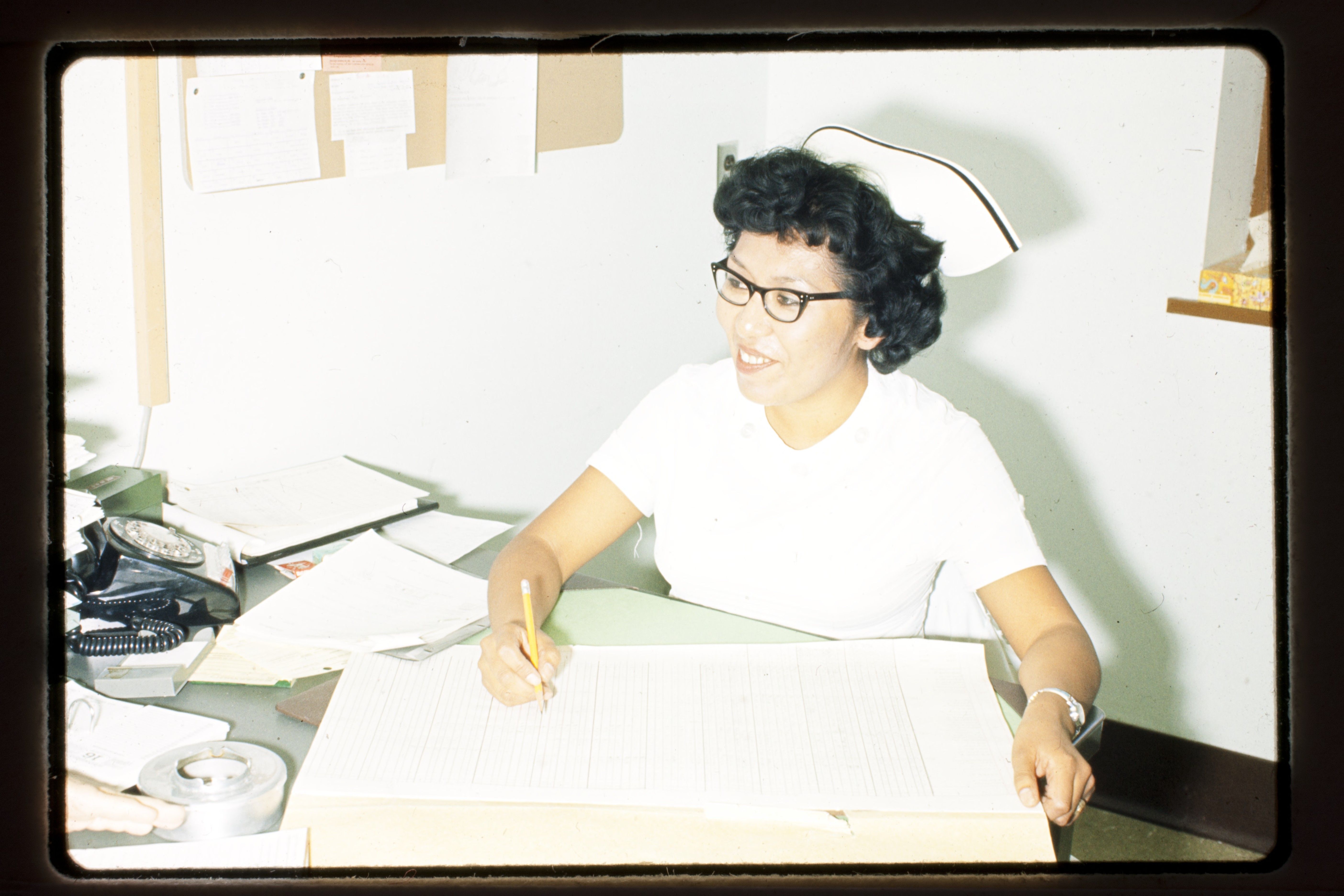Highly recommended!
Vanessa Racehorse has posted “Tribal Health Self-Determination: The Role of Tribal Health Systems in Actualizing the Highest Attainable Standard of Health for American Indians and Alaska Natives,” forthcoming in the Columbia Human Rights Law Review.
Here is the abstract:
In this article, I explore the concept of Tribal self-determination in the context of healthcare systems that serve American Indian and Alaska Native communities. I investigate the vast health disparities that exist in Tribal communities, as well as the history and current legal framework for the provision of health care in Indian Country. Part of this discussion also provides information on the federal laws and policies that have fractured the traditional lifeways of Native communities and contributed to the disparate health outcomes that now exist. I also provide background on the fundamental federal laws and policies, particularly the Indian Self-Determination and Education Assistance Act of 1975, that have facilitated greater Tribal control over programs and services for Tribal communities, including health systems. Tribally-managed health systems can, and are, playing a crucial role in closing this health gap.
This article also positions the status of Native communities in the United States within the global dialogue of the rights of indigenous peoples and the right to health, as indigenous communities subjected to settler-colonial states are demonstrably experiencing similar disparate outcomes. This discussion includes background on the international legal framework for the right to the highest attainable standard of health, the rights of indigenous peoples, and the social determinants of health, some of which are arguably unique to indigenous communities. The article explores these concepts for the lessons that may be garnered for the benefit of Tribal health systems. However, the article also argues that Tribes that are successfully operating healthcare systems have their own lessons to offer the global community regarding providing quality care and bringing American Indian and Alaska Native communities closer to actualizing the highest attainable standard of health.

You must be logged in to post a comment.